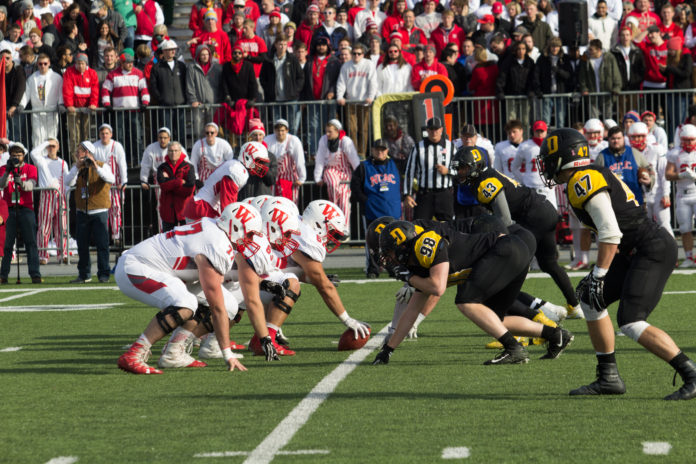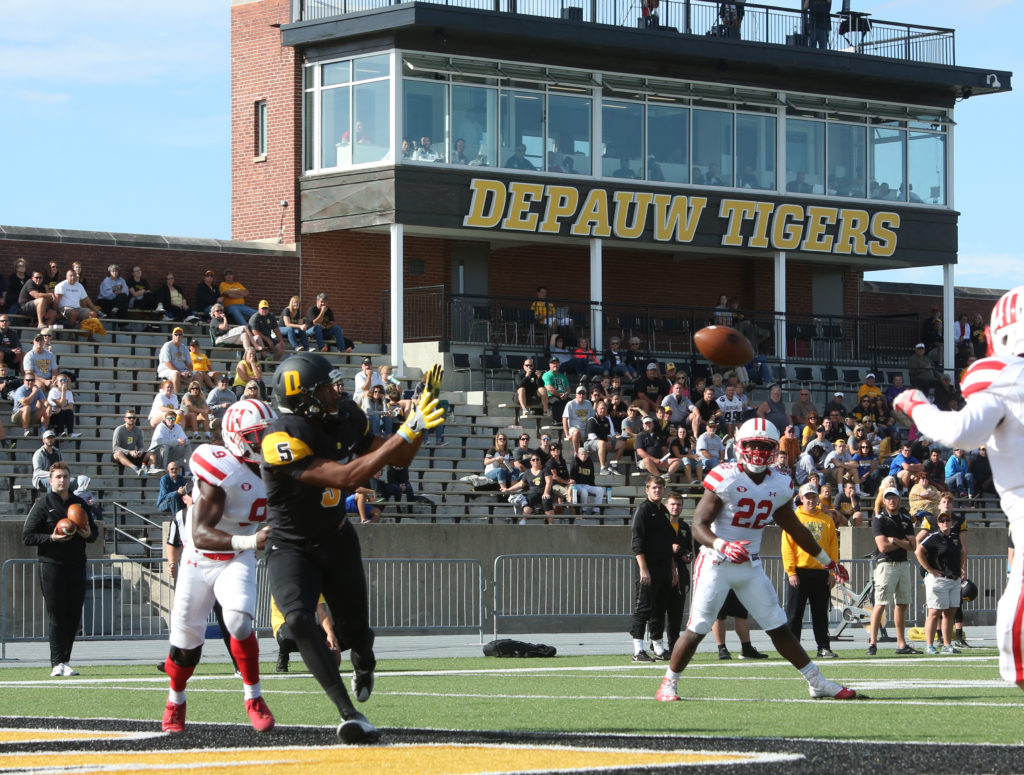
After junior Johnny Miller crossed the finish line after the North Coast Athletic Conference (NCAC) Track & Field Championships last May, his hands fell to his knees as sweat from his hair dripped onto the ground in front of him. It was his final race of the year, but it was only the beginning of intense offseason training for the next year.
The rules and restrictions for offseason workouts at the NCAA DI level are different than at the DIII level. A DI athlete is oftentimes required to stay on campus all summer to participate in team workouts, but the NCAA restricts DIII teams from holding summer workouts.
The NCAA only allows for a certain number of allotted offseason practices that a DIII team can conduct during their opposite season. For example, the fall teams have practices in the spring and vice versa, but no team can practice together in the summer.
Because of this, offseason training falls solely on the athletes themselves. Most coaches will create a training program and share it with their players, but whether or not they follow through with it falls on the athlete.
Miller receives a training program from his coach every offseason, but does not limit himself to just that. The program consists of running workouts, weight-lifting and cross-training, amongst more. However, Miller will add to the workouts to help push himself to the next level.
“After last season I told myself, ‘doing just enough isn’t enough,’” Miller said. “I needed to put in the extra effort. Do a little something extra before my workout. Maybe a little something after.”
This paid off for Miller, as he had his most successful season of his collegiate career. He has set personal records in the 400 meter and the 4x400 relay. He and the rest of his 4x400 relay have defended their NCAC title as they have now won back-to-back championships.
Junior swimmer Mary Woods also receives a training program from her coach, but her challenge is fitting time to train around her work schedule and paying for pool access. She said that she tries to work out as much as she can with her former club team, but she is working during half of the practices. And since she’s not on the club team anymore, she has to pay for each individual workout.
“When we’re at school we swim twice a day, but that’s nearly impossible when I’m working all day,” Woods said.
In other sports, the challenge is finding someone else to train with. Sports like football, baseball, softball, soccer and field hockey, amongst others, require skills that can only be practiced with someone else. Junior field hockey player Corina Bourantas works around this by playing in a recreational league in her hometown. This allows her to work on her strength and endurance on her own because she can focus on improving her field hockey skills during the league games. They play three games a week all summer, and the league consists of high school, college and retired field hockey players.
Although it can be difficult for DIII athletes to train properly on their own in the offseason, not having to be on campus opens up internship and study abroad opportunities. On the other end, DI athletes have to either enroll in summer classes or get a job on campus.
Adam Solomon, an offensive lineman at University of Illinois, thinks the NCAA rules are appropriate for what each athlete is looking to get out of their college experience. Solomon and the Illinois football team have some sort of team activity nearly every day during the summer.
“Look, we have guys who are trying to go to the NFL, and quite honestly, that’s their main focus, so it makes sense for us to spend our summer working on football,” Solomon said. “[DIII athletes] aren’t in the same position, so it’s cool that [DIII athletes] can spend their summers gaining experience in the professional world.”



